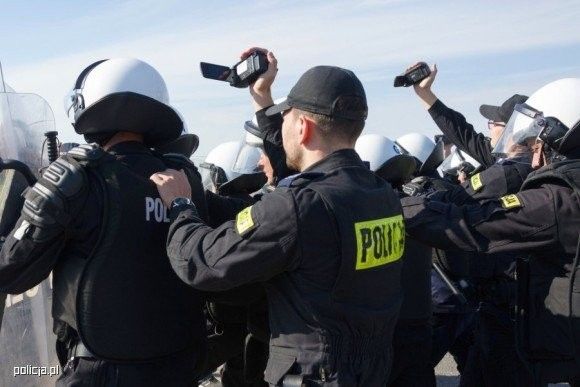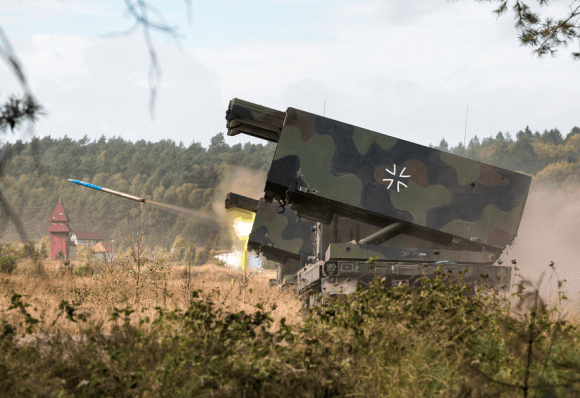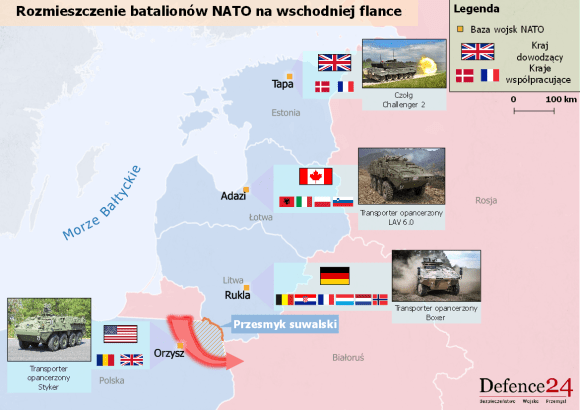- WIADOMOŚCI
- ANALIZA
Ukroboronprom and its Cooperation with the Polish Industry
We have been involved in numerous meetings with our Polish partners, and we are aware of the fact that some of the required expertise is placed in Ukrainian hands, and some remains at the disposal of the Poles - as it was announced by Roman Romanov, Ukroboronprom’s General Director, during the conference covering the Polish-Ukrainian collaboration. - We may find synergy in joint operation of the defence industries in our countries - Romanov added.
General Director of the state-owned Ukroboronprom company (Ukrainian company which is a counterpart of the Polish PGZ group), Roman Romanov, attended the Kielce MSPO defence industry exhibition. Along with a quantitatively expansive delegation involving the representatives of the Ukrainian defence industry, Romanov took part in numerous talks, negotiations and meetings. As he stressed, Poland is not a country which has the widest range of collaboration with Ukraine, even though it is the first state among that group.
The aforesaid situation may be improved thanks to a document signed a few months ago in Warsaw, referring to the strategic collaboration between PGZ and Ukroboronprom. The Ukrainian company is planning to establish its permanent agency in Poland. Regardless of the above, the industrial cooperation involving both the private, as well as the state Polish entities of the defence industry, has been in place for many years now, and it creates numerous, mutual benefits.
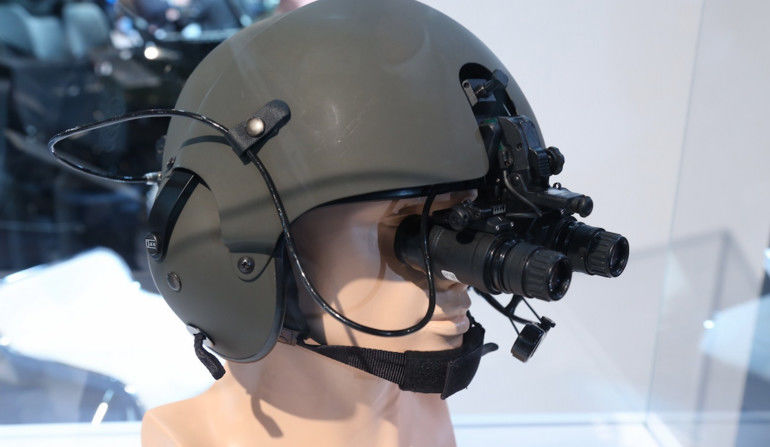
There are, for instance, some joint initiatives being undertaken by the Mesko company, in collaboration with the Ukrainian Luch design bureau, specializing in guided munitions. The goal of the works would be to initiate a production process in Poland, regarding the laser-guided 155 mm projectiles based on the Ukrainian “Kvitnyk” laser guided projectiles, and guided 120 mm mortar rounds. This ammunition is dedicated to be used by the 155 mm Krab self-propelled howitzer and by the 120 mm Rak automatic mortar. Also in collaboration with the Polish Mesko company, the Ukrainian industry is willing to provide its assistance in development of the laser guided Pirat ATGMs.
When it comes to optronics, Ukroboronprom, since many years, had been working closely together with the Warsaw-based PCO company which supplies the Ukrainians e.g. with the PNL-3M “Orlik” night vision goggles, utilized in combat by the Ukrainian helicopter crews. Last year, several contracts were concluded, with a reference to modernization of the FLIR and targeting systems used by the land vehicles used by the Ukrainian Armed Forces. One of the agreements creates a connection between the Polish PCO S.A. company and the Zhytomyr Armour Plant Works, at which a servicing centre is being established.
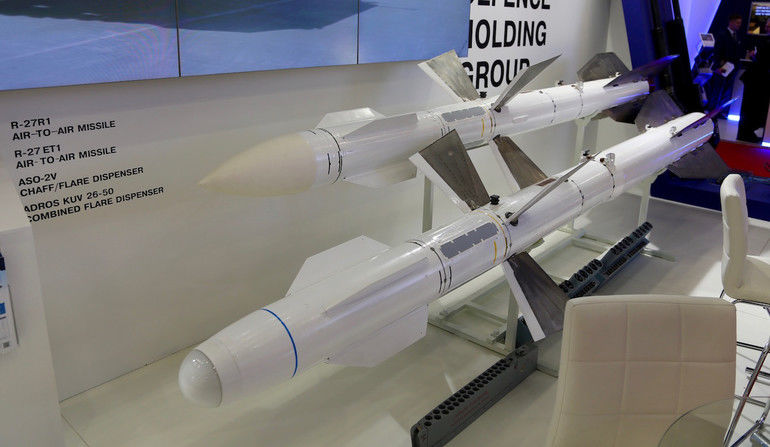
Poland is also providing the Ukrainian Army and industry with a wide range of spare parts, components and half-products, including electronics, radar technology or armoured steel. The latter group of resources is delivered to the Ukrainian facilities inter alia by the Huta Stal Jakościowych S.A. company.
Within the scope of collaboration with the Ukrainians, Polish private entities also remain quite active. WB Electronics is an interesting example, since this company’s activities are bilateral. Not only did WB Group sign cooperation agreements referring to the communication suites and UAV’s, inter alia with the Antonov’s Design Bureau, belonging to the Ukrobronoprom umbrella company, as the Polish manufacturer has also provided the Ukrainians with a license to manufacture UAV systems, such as the FlyEye, in Ukraine. The production is to be initiated this year. On the other hand, WB Electronics became an intermediary party, when it comes to the sales of the R-27 missiles for the Polish Air Force. The R-27 missile is being used by the Polish MiG-29 fighters.
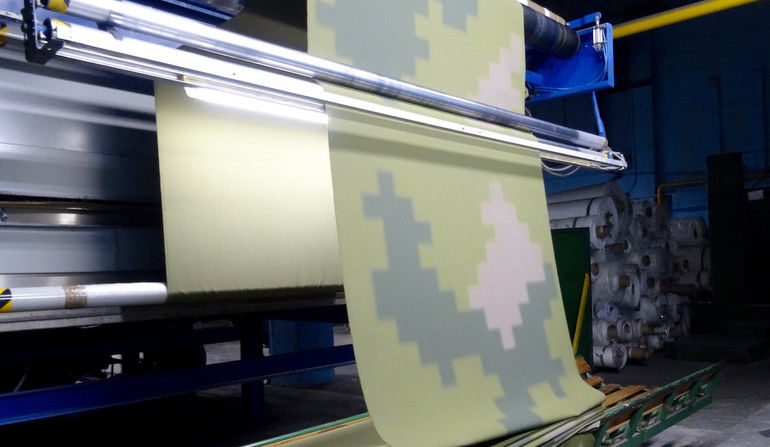
Roman Romanov also positively referred to the collaboration between the Ukrainian Ministry of Defence, Ukroboronprom and the Polish Grupa Lubawa company. At the moment, this collaboration is focused on the issue of modern camouflages which are destined to be used both with the Ukrainian vehicles, as well as with the platforms which are going to become an export product, such as BTR-3 or BTR-4. The cooperation also refers to deliveries of tents, chemical equipment or rescue equipment. A certain quantity of products manufactured by Lubawa has been, already, delivered to the Ukrainian Army and to the National Guard units. Romanov also announced that during the MSPO exhibition, a decision has been made to initiate cooperation referring to composite fuel tanks for the Mi-24 helicopters. The project in question has been independently pursued both by Lubawa, as well as by one of the Ukrobronoprom’s companies. In both cases, the main motivational factor which has driven the engineers, was to get independent from the Russian supplier.
The described examples are not exhaustive, the list of potential collaboration options for the Polish and Ukrainian defence industries is much longer. It is also possible to cooperate at a much wider level, especially when it comes to the export offer. Both countries are in possession of complementary expertise within the scope of UAV system, modernization of the Soviet weapons or development of new land platforms and guided weaponry. Thus, should proper support be provided, along with good will of the politicians at both sides, it could be possible to achieve synergy and conclude lucrative contracts, not only within the domestic markets, but also abroad.













